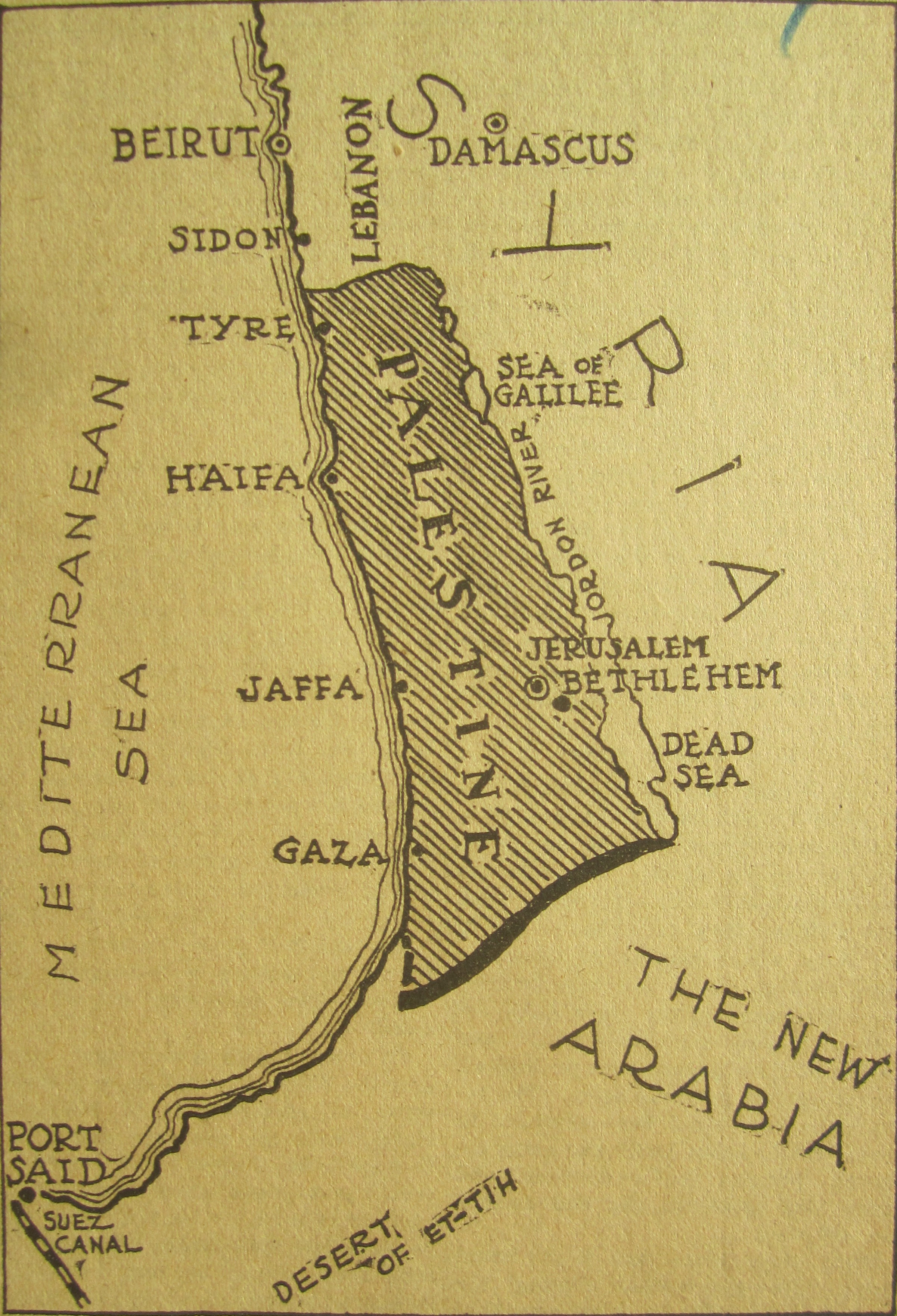 |
| read the full article here |
Levine attributed the survival of Jewish identity over the centuries to rampant intolerance in Christian societies. "While the Hebrews were going into exile," he wrote, "a great power, arisen from their midst, was developing in humanity. It was to be the savior of the human race, the civilizer of a barbarous world. It was to organize life on new bases, justice and love. And as this power--Christianity--grew and expanded it exercised a conserving influence over the dispersed Judeans. But this influence was not woven of love and justice, but, on the other hand, of hatred and persecution." For an American audience, he offered an argument against such hatred, saying "The services of the Jews to humanity have been incalculable" and later adding in reference to Haym Solomon that a Jewish financiers had helped fund, among many great historical movements, the American revolution.
It's easy to see how his sympathies with the Russian revolution made sense in 1917 given the prominent role of Russian Jews in the Bolshevik Party, though he would eventually undergo a change of heart vis a vis the Soviet Union under Stalin to become one of the most staunchly anti-communist journalists in the US, eventually testifying against Alger Hiss. With the Allied Powers' sympathies towards the Zionist cause, he saw Christian antisemitism on the wane, though he indicated the situation was still bad for Polish Jews and did "not promise to be very bright in the near future," enough so that sufficient migrants would be found to settle the new state. As such, he advocated that the end of the First World War would bring the proper time for the establishment of a Jewish state.





